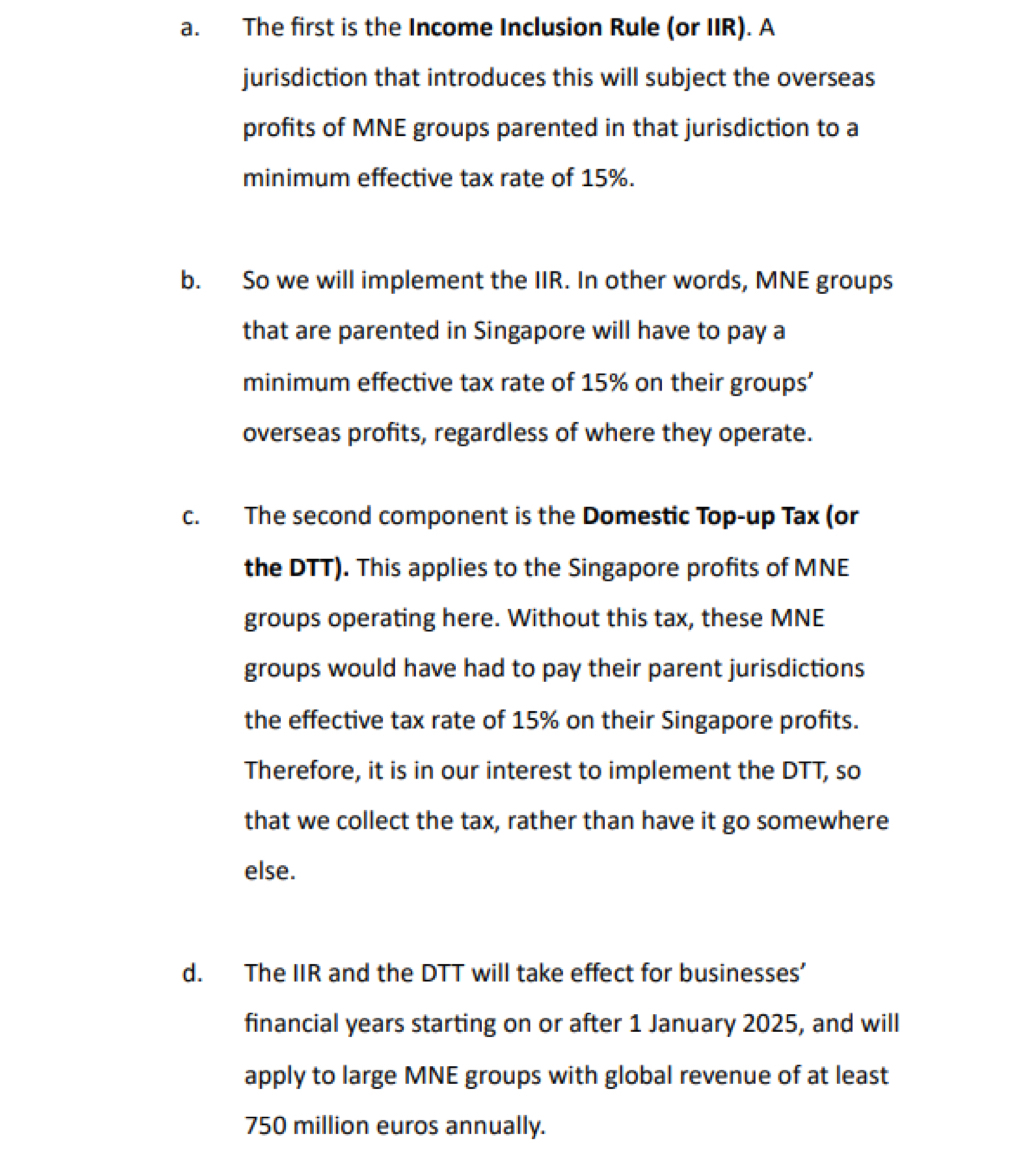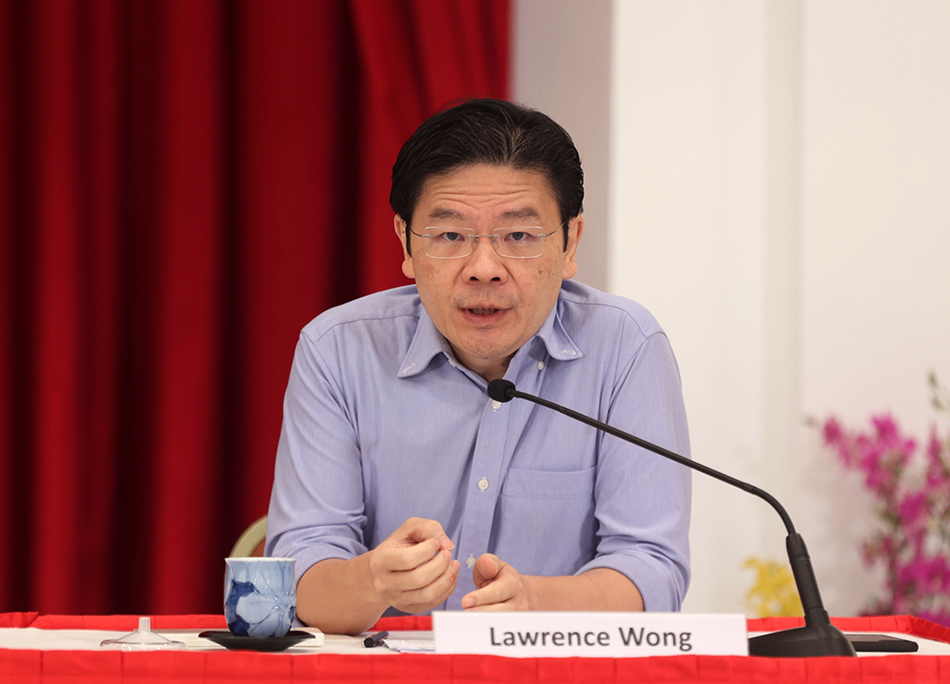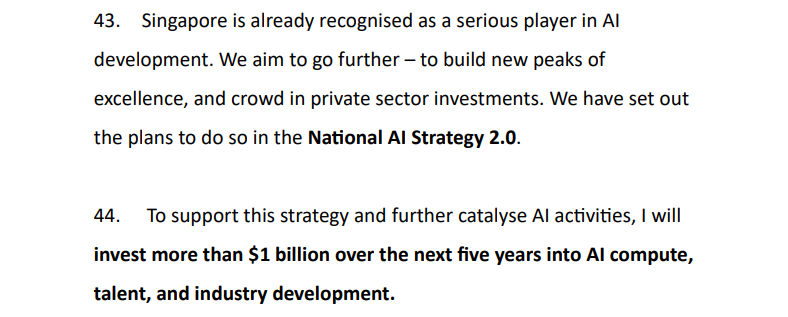Singapore FY2024 Budget: Multinational Corporate Tax Rate to be Raised to 15%
Singapore announces 2024 budget, multinational corporate tax rate will be raised to 15% in 2025, and will also increase investment in artificial intelligence。
On February 16, local time, Singapore's Deputy Prime Minister and Finance Minister Lawrence Wong released the 2024 fiscal year budget statement。From 1 January 2025, Singapore will tax large multinational enterprises (MNEs) under the Income Inclusion Rule (IIR) and the Domestic Complementary Tax (DTT).。At the same time, it will also increase investment in the field of artificial intelligence and strive to become a regional center.。
Among them, IIR is the minimum effective tax rate to be paid, which, together with DTT, becomes the "second generation to prevent base erosion and profit shifting" (BEPS 2.0) components of the framework, mainly for global annual revenue above 7.500 million euros of large multinational enterprises aimed at solving the problem of inconsistent taxation across countries。

The statement said the parent company is based in Singapore and has an annual global turnover of 7.Large multinationals over €500 million are subject to a minimum effective tax rate of 15 per cent on the Group's overseas earnings, while large multinationals operating in Singapore are also subject to a domestic supplementary tax on their local earnings, bringing the minimum effective tax rate to 15 per cent.。
The move will ensure that large multinational companies pay a minimum tax rate of 15 per cent on their income in each jurisdiction in which they operate, but could reduce the competitiveness of those that rely on low tax rates to attract investment, potentially weakening Singapore's attractiveness as an investment base for large companies in Southeast Asia.。
In response to the controversy, Mr Wong explained: "Without this tax, these multinational conglomerates would have to pay an effective tax rate of 15 per cent on Singapore profits to the jurisdiction where their parent company is located.。Therefore, it is in our interest to keep the tax rather than let it go elsewhere.。"

The European Union, the UK, Switzerland, Japan and South Korea have taken similar initiatives from 2024, while Hong Kong and Malaysia will also implement them from 2025.。
At the same time, Singapore has also introduced tax breaks for businesses, with corporate income tax rebates of up to 50 per cent for the 2024 tax year, capped at S $40,000.。
Companies that undertake new projects in Singapore, such as investing in new manufacturing plants, establishing headquarters activities and conducting research and development in Singapore, are also entitled to a "refundable investment credit" scheme to offset some corporate income tax.。

In addition to the tax changes, the country will invest S $1 billion in the next five years to strengthen talent and industrial development in the field of artificial intelligence.。Huang Xuncai pointed out: "part of the investment will be used to purchase high-end chips needed for the development of artificial intelligence, in addition, we will also work with leading enterprises in Singapore and around the world to establish relevant artificial intelligence centers.。"
The moves are understood to be remedial at a time when the country's economy is weakening global growth.。Statistics show that Singapore's economic growth rate in 2023 was 1.1%, less than the government's previous 1.2% expected, well below 2022's 3.8%。In the same year, the country's overall inflation rate was 4.8%。

In response to unfavourably high inflation, Singapore has also introduced measures to address cost-of-living pressures, including a cash grant of S $200-400 to adult Singaporeans based on income level and a cash rebate on utility bills to households, with an estimated expenditure of S $1.9 billion.。
However, Huang Xuncai seems to be confident about this Budget。He said the government would increase spending over the next decade, with 1,117 expected to be spent this fiscal year..S $600 million (approximately US $83 billion), an increase of approximately S $5 billion over 2023。Government spending will rise to around 20% of gross domestic product (GDP) by 2023, which is expected to guarantee a balance of payments in the coming years.。"
·Original
Disclaimer: The views in this article are from the original Creator and do not represent the views or position of Hawk Insight. The content of the article is for reference, communication and learning only, and does not constitute investment advice. If it involves copyright issues, please contact us for deletion.